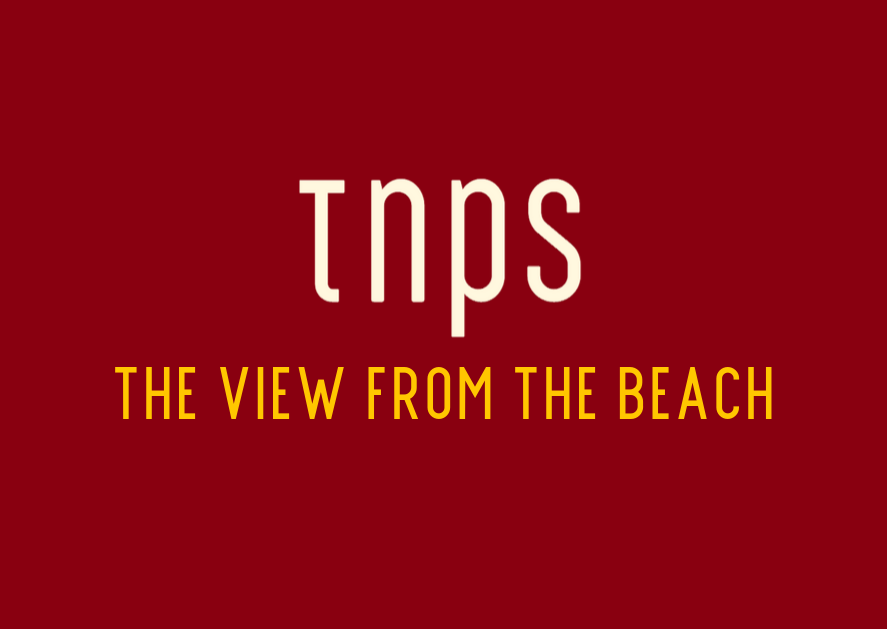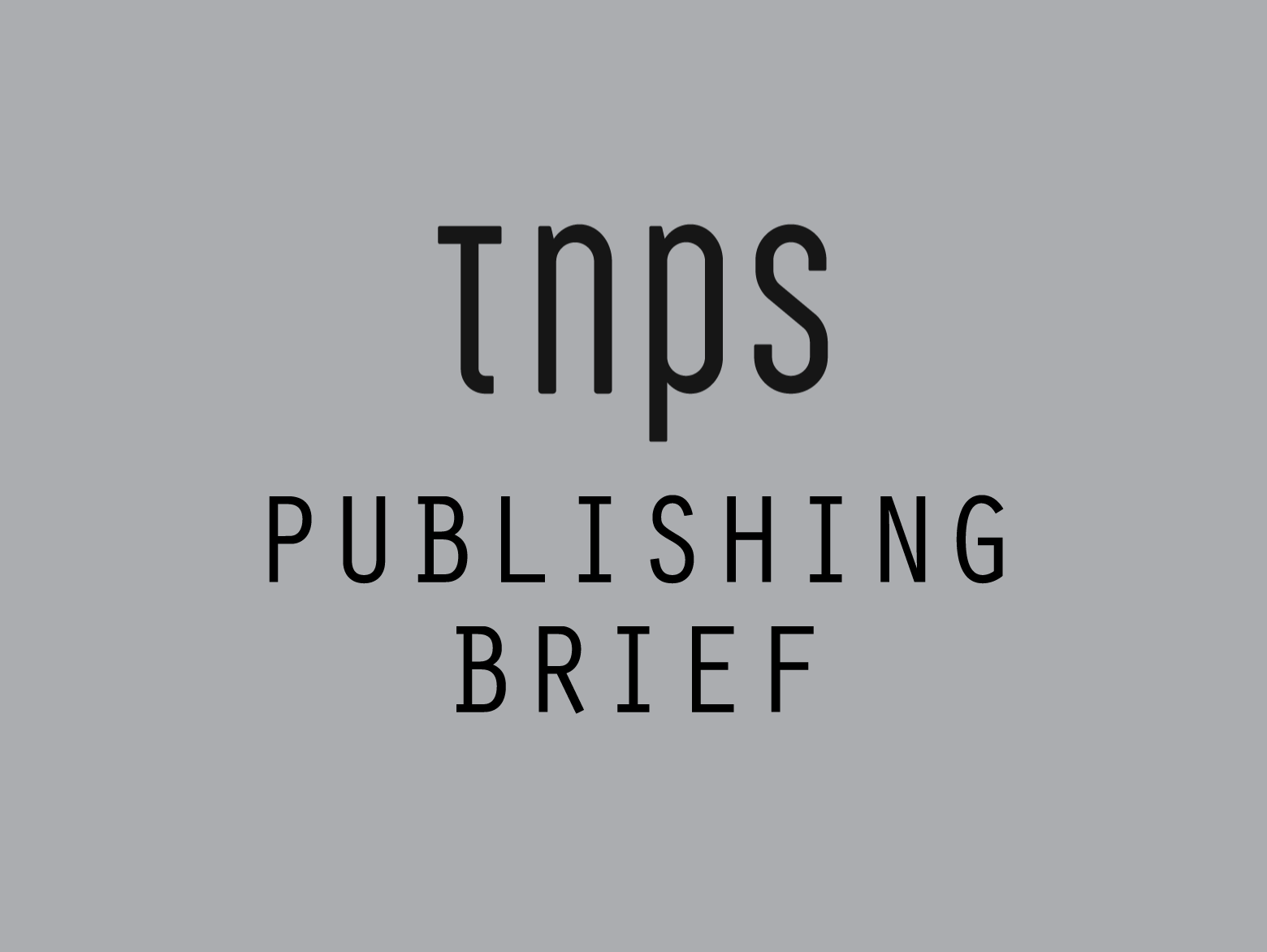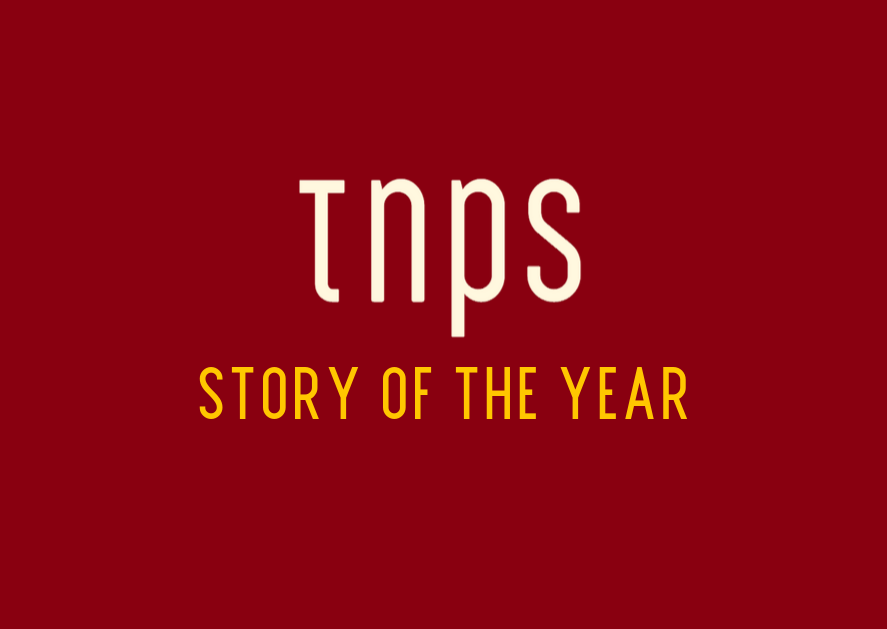Why is there so little analysis out there of what the Trump years may bring for our industry? Love him or loathe him, no-one is ever going to accuse Trump of being a booklover and a friend of the publishing industry.
A recent survey conducted by The Bookseller has highlighted a significant number of redundancies within the publishing industry in 2024, revealing concerning trends, if the headline – “Budget, AI and rising costs: industry insiders discuss redundancy trends” – is taken at face value.
So first and foremost its worth nothing that in the actual article, by Heloise Wood, AI is mentioned precisely twice, and at no time is AI directly connected to any redundancy whatsoever, despite its prominence in the headline.
Survey Insights
The survey, which ran for less than 48 hours and gathered 69 responses, showed that around half of the respondents had experienced redundancy in 2024. One industry insider described the jobs market as feeling “like a bomb’s about to go off.” Factors cited by respondents. as described by The Bookseller, which of course had exclusive access to the survey results, included “Last month’s Budget and general political uncertainty, plus Artificial Intelligence (AI) and company mergers and acquisitions.”
Key Findings
- High Redundancy Rates: Approximately 44% (30 respondents) reported being made redundant in the past year, while another 7% (five respondents) went through a redundancy consultation but kept their job. Around 30% (20 respondents) said others in their company had been made redundant, with some impacted by restructures in other ways.
- Major Companies Affected: Notable publishers like Bonnier Books UK, Penguin Random House UK, and Oxford University Press have all made redundancies in the last year.
- Merging Divisions: Sam Humphreys, recently made redundant from Bonnier Books UK, attributed her redundancy to the merging of trade divisions, a sentiment echoed by others affected by structural changes.
AI and Redundancies
While AI is cited as a contributing factor – career coach Suzanne Collier, per The Bookseller, believes AI is “affecting things”, there’s no clear evidence directly linking AI to these redundancies. In fact, most industry observers would agree current redundancy levels do not show a significant departure from pre-AI (or pre-ChatGPT) levels. The focus often shifts to economic factors and organisational changes.
Industry Dynamics
- Economic Pressures: The recent Budget and National Insurance changes are seen as major factors driving redundancies. Fixed costs are rising, forcing publishers to cut jobs to manage expenses.
- Mergers and Acquisitions: High levels of company acquisitions and mergers have created uncertainty and prompted restructuring, impacting job security.
- Workload and Morale: Those who remain employed face increased workloads and declining morale, as companies implement hiring freezes and non-replacement policies.
Looking Forward
Despite these challenges, some industry professionals remain optimistic. The Bookseller mentions Danny Parnes, director of Think Selection, notes that while there have been restructurings, new roles are emerging as the industry adapts to evolving technologies and market demands.
The TNPS Bottom Line
The findings from The Bookseller‘s survey provide a misleading snapshot of the current state of the publishing industry, highlighting the impact of economic pressures and structural changes. While AI is inevitably going to be part of the conversation, and an easy excuse to throw about to ride on the existing flood of misinformation and kneejerk reaction, it’s clear that broader economic and organisational factors play a far more significant role in the current wave of redundancies.
Moving forward, the industry must balance protecting jobs with embracing innovation to navigate these challenging time, which can only get more difficult as the world rides out the coming four years of global disruption as Trump takes office.
What surprises me so far is that there is so little analysis out there of what the Trump years may bring for our industry, and that’s worrying in itself because, love him or loathe him, there are going to be political, economic and social changes that, for better or worse, are going to impact the entire globe.
And again, love him or loathe him, no-one is ever going to accuse Trump of being a booklover and a friend of the publishing industry.
By comparison this two-day, 69 person “self-selecting” survey is a small ripple in a tranquil sea. The storm is on the horizon.
This post first appeared in the TNPS LinkedIn newsletter.





